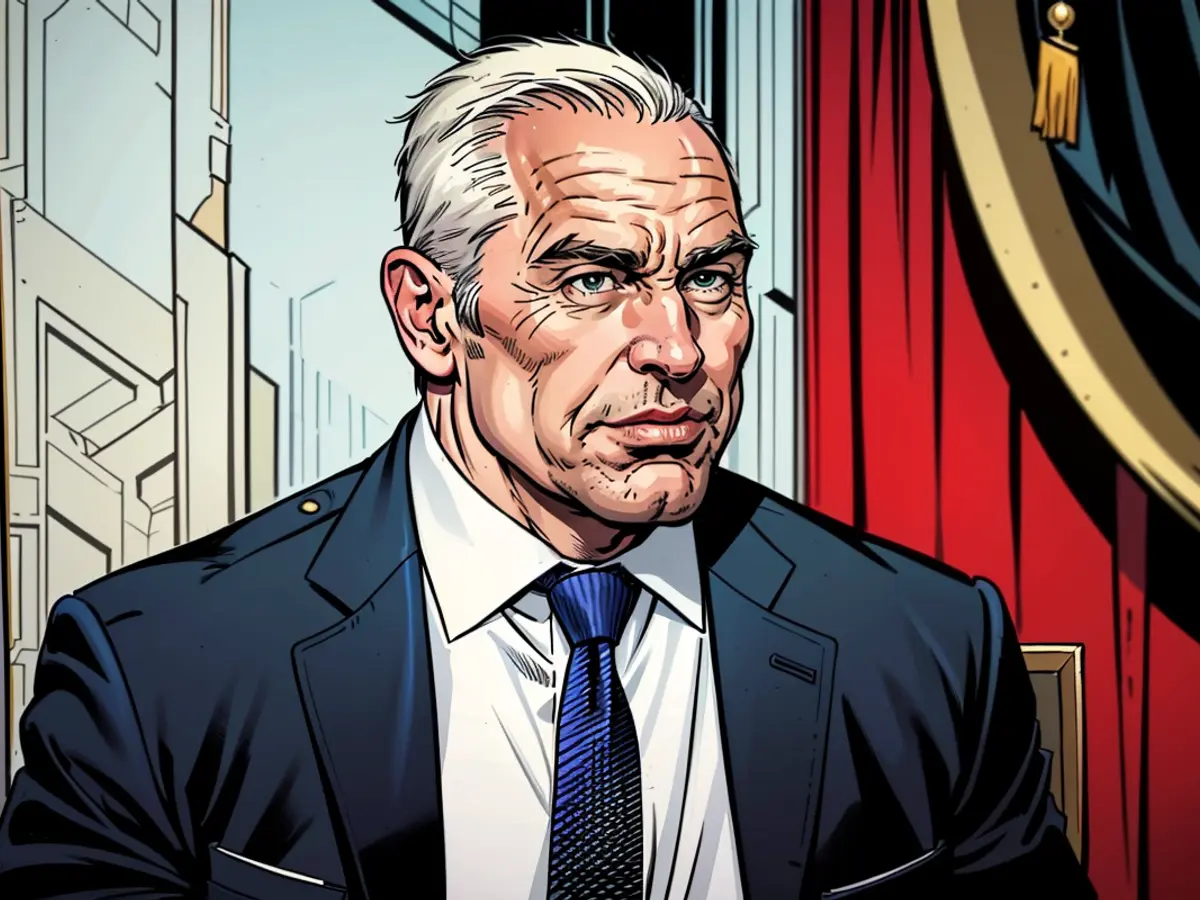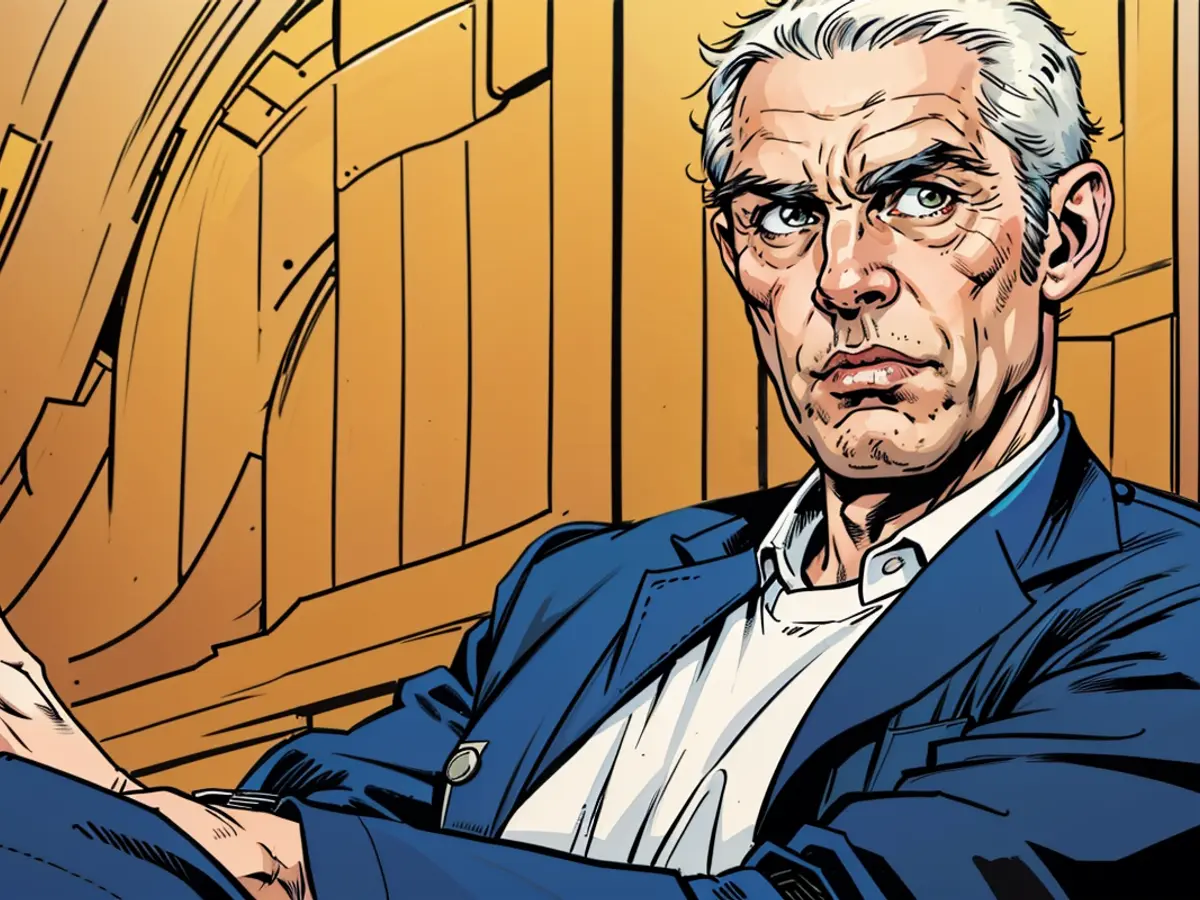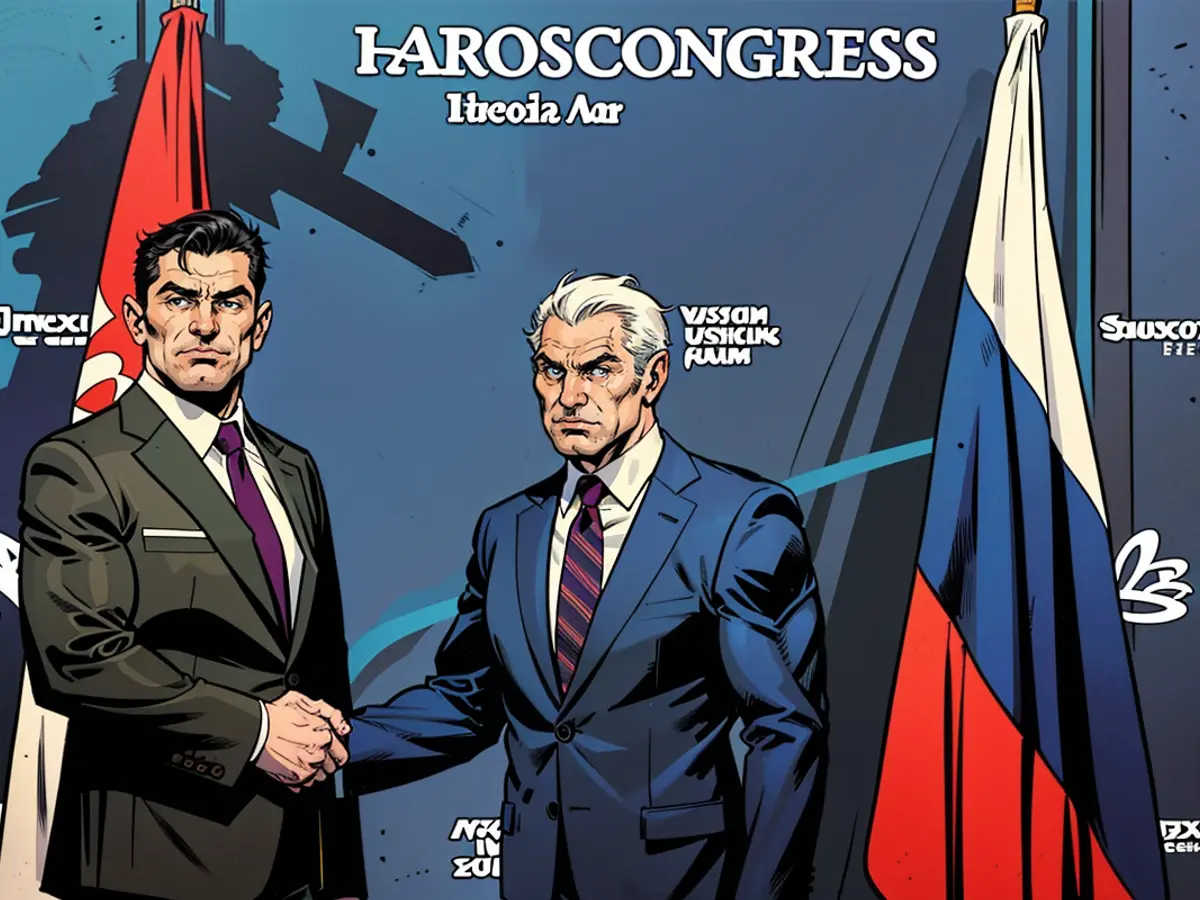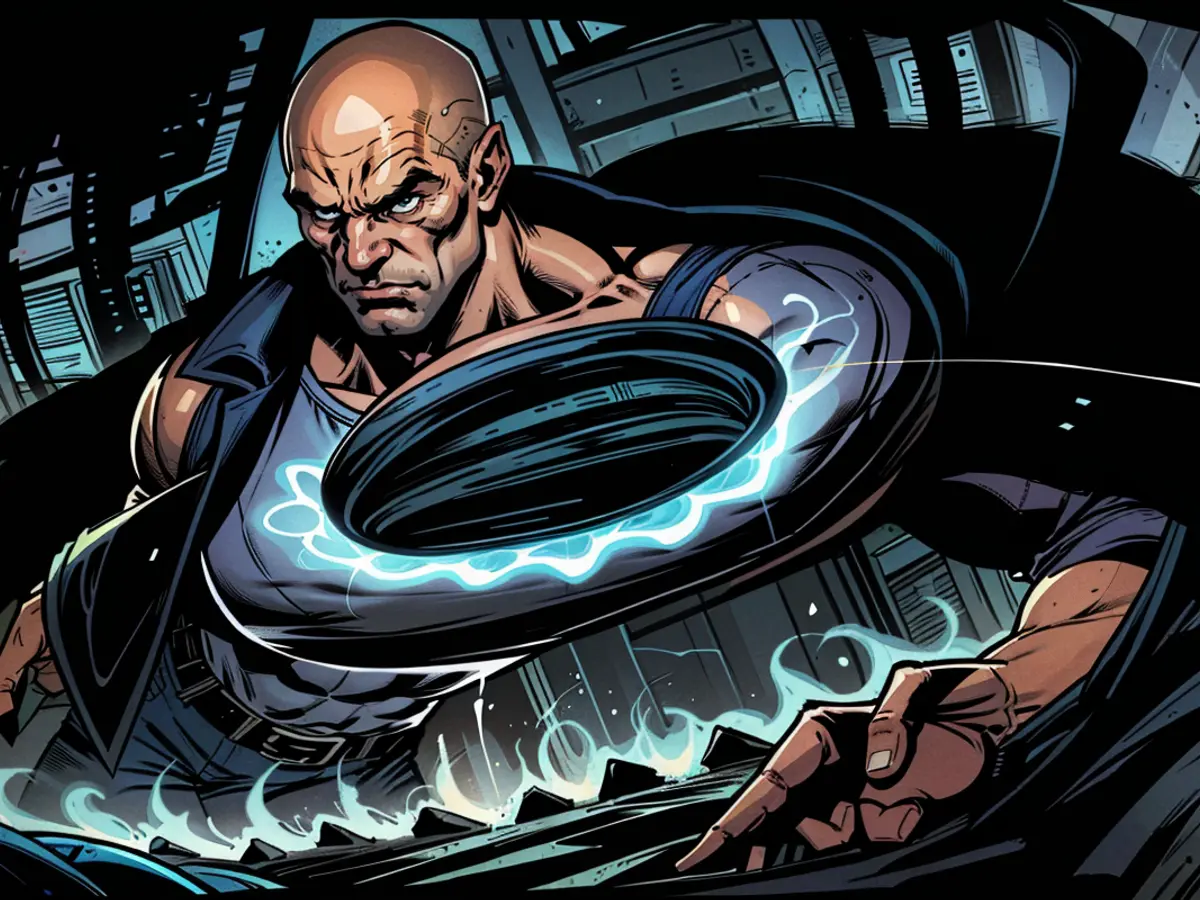General McMaster ascribes some accountability to President Trump for the disorderly withdrawal from Afghanistan.
McMaster told CNN's Anderson Cooper that in 2017, Trump decided to keep a U.S. presence in Afghanistan, but later changed his mind. The Trump administration eventually agreed with the Taliban to withdraw U.S. troops by May 2021, a date that Biden later pushed back to August.
"He couldn't stick with the decision," McMaster, Trump's national security adviser from early 2017 until April 2018, said on "AC 360." "He didn't stick with the decision. And I think people were in his ear and manipulated him with these catchphrases: 'End the endless wars' and 'Afghanistan is a graveyard of empires' and so forth."
When asked if Trump bears some responsibility for the controversial withdrawal under the Biden administration, McMaster responded, "Oh, yes."
On Monday, Trump attended a wreath-laying ceremony at Arlington National Cemetery in Virginia on the third anniversary of the Kabul airport's Abbey Gate attack that claimed 13 U.S. military lives. He was joined by family members of the fallen service members. The former president frequently criticizes the Biden administration, most recently Vice President Kamala Harris, his potential 2024 Democratic rival, for the chaotic withdrawal of U.S. troops from Afghanistan.
In his new book, "At War with Ourselves: My Tour of Duty in the Trump White House," McMaster writes about his belief that Trump sought praise and approval from authoritarian foreign leaders, like Russian President Vladimir Putin and Philippines' former President Rodrigo Duterte, to appear strong himself.
"I'm trying to explain really the strengths in some of the aspects of the president's character, but also the vulnerabilities. And of course at times I was reluctant to write some of this because I thought I don't want to give if he's reelected kind of a playbook of how you can maybe manipulate Donald Trump," McMaster said Monday.
McMaster's comments on Trump's time in the White House come as Americans consider whether to re-elect the Republican presidential nominee or make Harris their new commander-in-chief. While at times critical of the former president, McMaster provided an unusual and nuanced insight into Trump's decision-making process.
"I did see him learn and adapt and really evolve his understanding of situations. People would often say to me, 'Does he listen, does he??' Yes, he does. But oftentimes when he does come to what I think is a really solid conclusion based on talking to a wide range of people getting a wide range of views, oftentimes he can't hang onto that decision and then policy becomes unmoored," he told Cooper.
Trump appointed McMaster, a three-star general who served with distinction in the 1991 Gulf War and the Iraq War, as his national security adviser in February 2017.
McMaster served for just over a year in the Trump administration and was replaced by former U.S. ambassador and Fox News analyst John Bolton — who himself released a book detailing troubling and shocking allegations about his time working for Trump.
When asked if he'd serve in a Trump administration again, McMaster said he would not. "I think, Anderson, I will work in any administration where I feel like I can make a difference, but I'm kinda used up with Donald Trump," he said.
And on whether he'd work in a Harris administration, McMaster said, "I don't know if I would be effective there either based on probably my different points of view and what is a sensible policy toward the Middle East, or really fill in the blank."
CNN's Kate Sullivan and Peter Bergen contributed to this report. This report has been updated with additional information.
In light of the changing U.S. presence in Afghanistan, McMaster stated that Trump struggled to stick with his decisions, often swayed by external influences and catchphrases. Politics played a significant role in shaping Trump's stance on the Afghanistan issue, as evidenced by his frequent critiques of the Biden administration's handling of the withdrawal.










